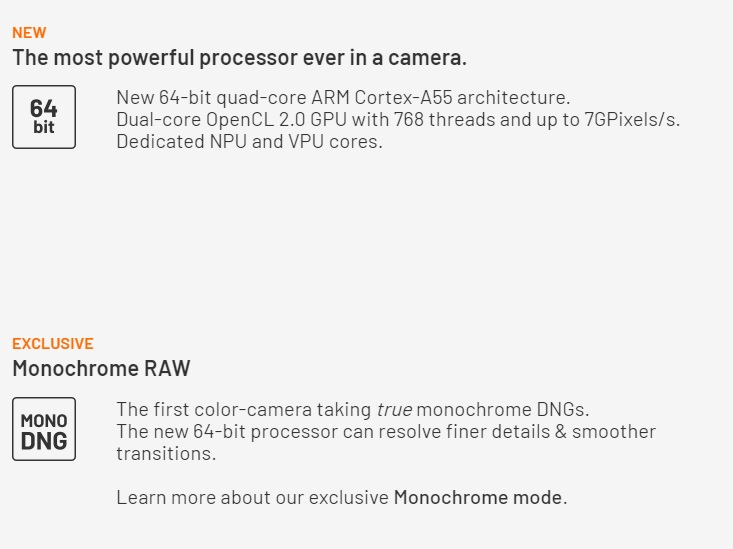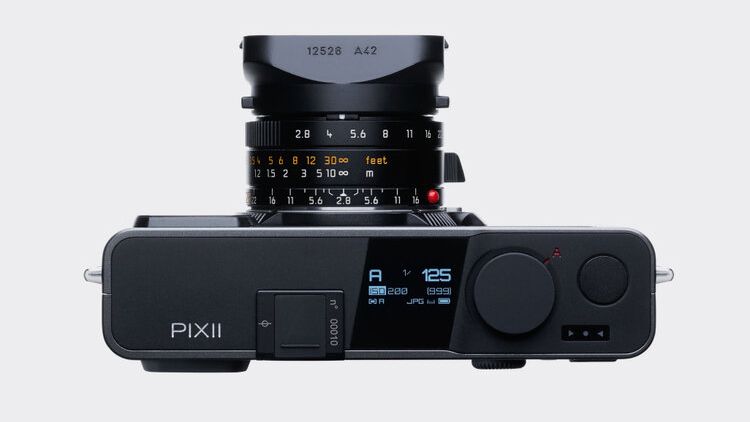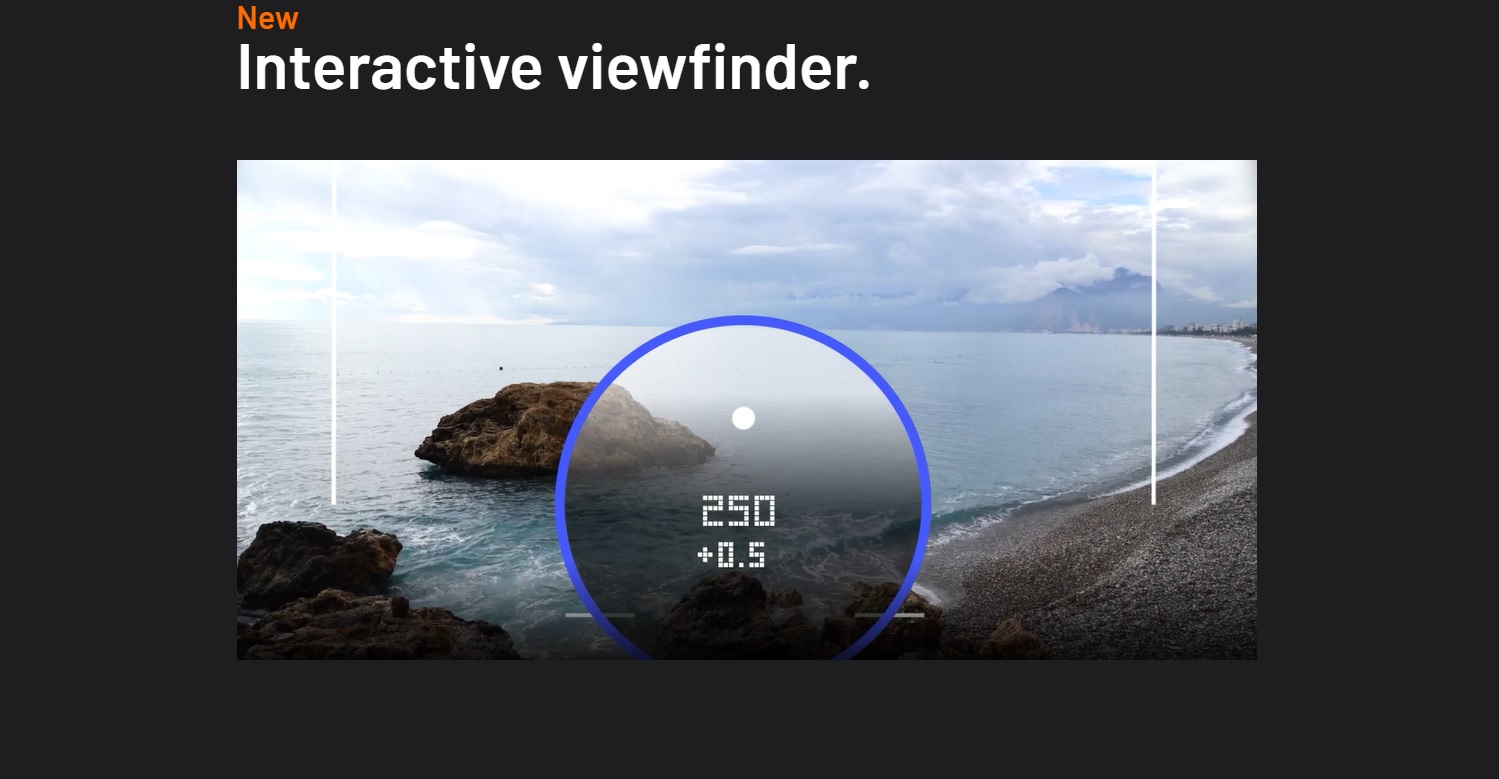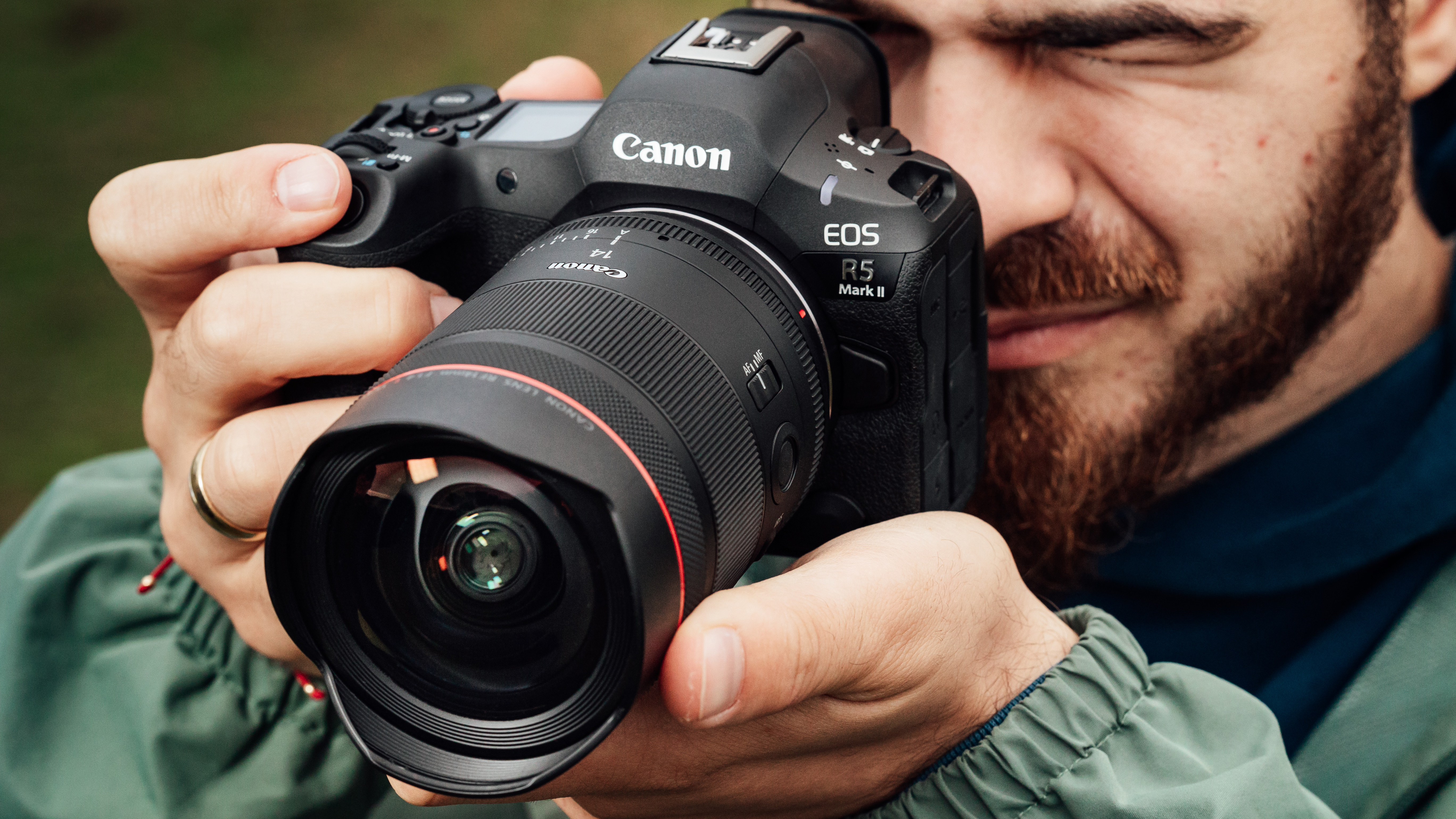This is the world's first 64-bit camera – but that may not mean what you think
Pixii is launching the world's first ever 64-bit camera. However, the implication and the reality may not be the same thing
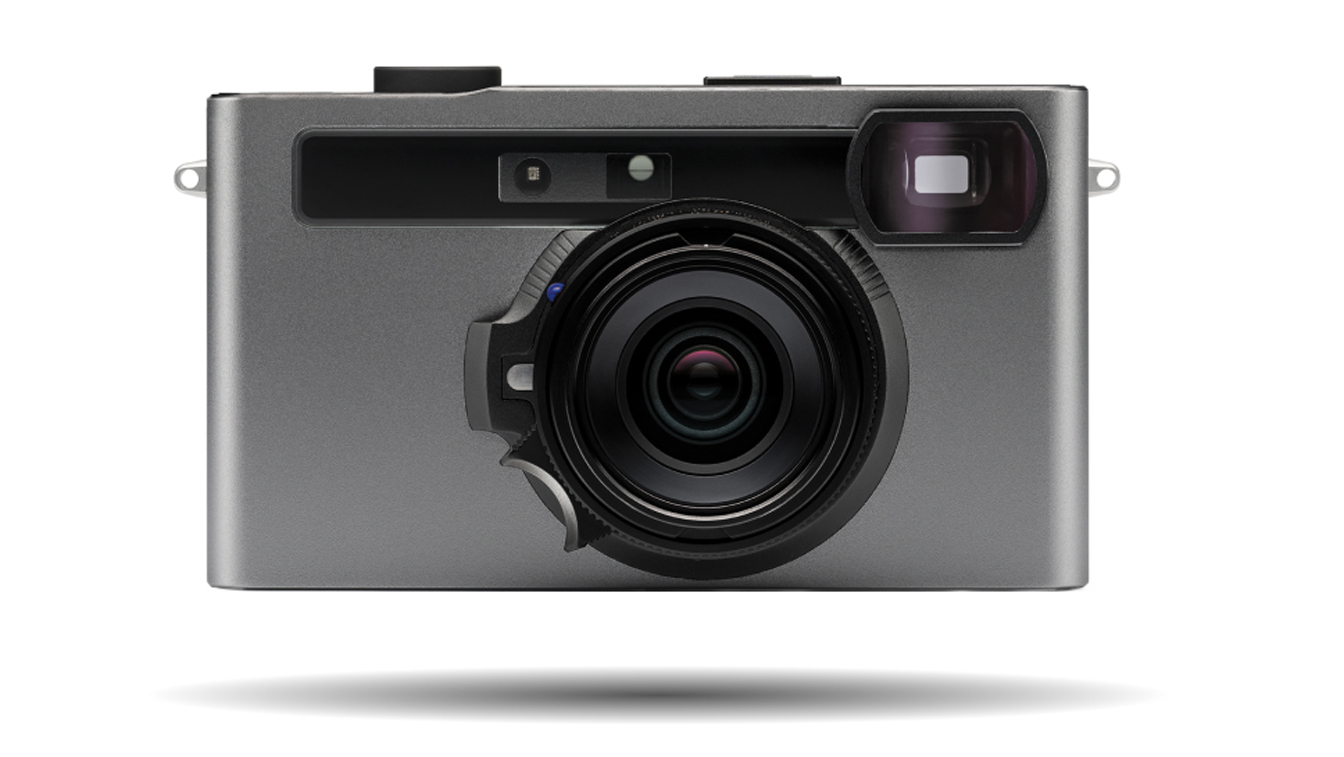
The best camera deals, reviews, product advice, and unmissable photography news, direct to your inbox!
You are now subscribed
Your newsletter sign-up was successful
Pixii, a French camera manufacturer known for producing a modern Leica M-mount camera, has now announced a new 2023 body that will become the world's first 64-bit camera – but the 64-bit might not be what you expect.
When you hear 64-bit, you might be thinking about color science. And if you were, you might also be thinking that there have been other 64-bit cameras before. And you'd be correct. In actual fact, though, the reference to 64-bit relates to the computing power of the new Pixii camera itself.
The new camera features the same 26MP APS-C sensor of previous Pixii camera iterations, but possesses a new 64-bit processor to handle imaging data. Why the need for 64-bit processors was needed for a 26MP APS-C sensor is yet to be clarified, or what the benefits might be other than quicker image recoding to the built-in storage.
The take-home, however, is that this camera manufactured by French artisans is the first 64-bit processor camera in the world – beating the leading names in the industry such as Sony, Canon, Nikon and of course Leica, from which the Pixii takes its design cues.
Apart from this potentially misleading headline spec, the Pixii is actually a very attractive camera if you want a digital Leica-style camera with an M-mount, but are reluctant to shell out big bucks for the red dot. Here can pay anywhere from roughly $2,850 - $3,330 (around £2,240 - £2,716 / AU$4,060 - AU$4,920) depending whether you choose 16GB, 32GB, 64GB or 128GB of integrated storage.
You will also find an interactive viewfinder that offers state-of-the-art LED-lit frame lines for 28mm, 35mm, 40mm and 50mm M-lenses, as well as offering dynamic information such as exposure indications, and the exact exposure compensation that the camera is implementing.
Along with a native monochrome mode, this camera is just like a Leica – but from the future. While its 64-bit shouting point might simply seem like a bit of good marketing, when you look closer at the Pixii it does make sense for those looking to have that new Leica rangefinder experience, with extra bells and whistles that are still missing on the latest Leica M11 – and of course for a far lower price tag. Even though the cost might still be expensive to many, this is certainly a product aimed at a very niche market.
The best camera deals, reviews, product advice, and unmissable photography news, direct to your inbox!

For nearly two decades Sebastian's work has been published internationally. Originally specializing in Equestrianism, his visuals have been used by the leading names in the equestrian industry such as The Fédération Equestre Internationale (FEI), The Jockey Club, Horse & Hound, and many more for various advertising campaigns, books, and pre/post-event highlights.
He is a Fellow of the Royal Society of Arts, holds a Foundation Degree in Equitation Science, and holds a Master of Arts in Publishing. He is a member of Nikon NPS and has been a Nikon user since his film days using a Nikon F5. He saw the digital transition with Nikon's D series cameras and is still, to this day, the youngest member to be elected into BEWA, the British Equestrian Writers' Association.
He is familiar with and shows great interest in 35mm, medium, and large-format photography, using products by Leica, Phase One, Hasselblad, Alpa, and Sinar. Sebastian has also used many cinema cameras from Sony, RED, ARRI, and everything in between. He now spends his spare time using his trusted Leica M-E or Leica M2, shooting Street/Documentary photography as he sees it, usually in Black and White.
